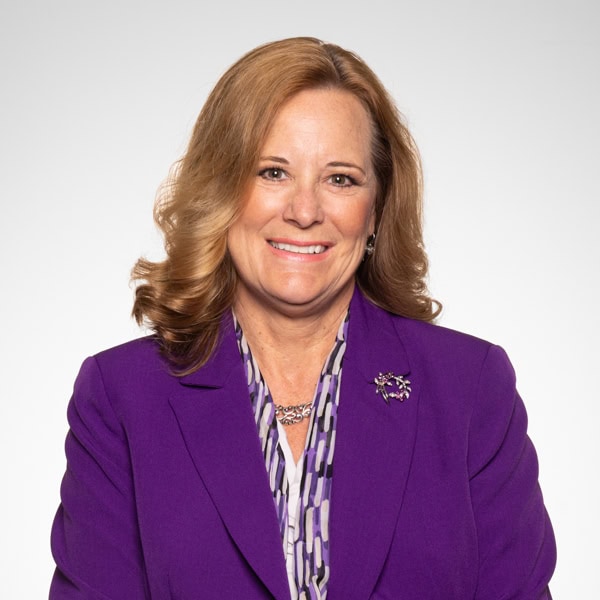-
 Kathleen Alexander, CPA, MST, CFEKathleen Alexander, CPA, MST, CFE
Kathleen Alexander, CPA, MST, CFEKathleen Alexander, CPA, MST, CFE -
 Sean P. Breheney, CPA, MBASean P. Breheney, CPA, MBA
Sean P. Breheney, CPA, MBASean P. Breheney, CPA, MBA -

-
 Joshua Chananie, CPAJoshua Chananie, CPA
Joshua Chananie, CPAJoshua Chananie, CPA -
 Christopher Gaffney, CPA, MSTChristopher Gaffney, CPA, MST
Christopher Gaffney, CPA, MSTChristopher Gaffney, CPA, MST -
 William R. Happe Jr., CPAWilliam R. Happe Jr., CPA
William R. Happe Jr., CPAWilliam R. Happe Jr., CPA -
 Kenneth A. Hofsommer, CPA, MSTKenneth A. Hofsommer, CPA, MST
Kenneth A. Hofsommer, CPA, MSTKenneth A. Hofsommer, CPA, MST -
 Elliott H. Koplitz, CPAElliott H. Koplitz, CPA
Elliott H. Koplitz, CPAElliott H. Koplitz, CPA -
 Jeffrey P. Roude, CPAJeffrey P. Roude, CPA
Jeffrey P. Roude, CPAJeffrey P. Roude, CPA -
 Donovan Tomlinson, CPADonovan Tomlinson, CPA
Donovan Tomlinson, CPADonovan Tomlinson, CPA -
 Albert Traverso, CPAAlbert Traverso, CPA
Albert Traverso, CPAAlbert Traverso, CPA
SAX expertise:
CONSUMER AND INDUSTRIAL PRODUCTS & SERVICES
SAX CONSUMER AND INDUSTRIAL PRODUCTS & SERVICES ADVISORS
With over 67 years of experience, SAX has established itself as a trusted authority in identifying and navigating the multifaceted market forces that significantly impact businesses.
By leveraging our deep understanding of market dynamics and our extensive track record of success, we provide tailored solutions to optimize your business operations and strategic decision-making processes.
WE OFFER A WIDE RANGE OF SERVICES, INCLUDING:
- Audit & Accounting
- Business Consulting
- Benchmarking & Performance Metrics
- Budgeting & Cash Flow Projections
- Cash & Credit Management to Maximize Liquidity
- Inventory Management & Analysis
- Mergers & Acquisitions
- Operational Analysis
- Order Processing Efficiency
- Quality of Earnings Report
- Research & Development (R&D) Analysis
- Succession & Estate Planning
- Supply Chain Consulting
- Tax Planning & Compliance
- Valuations, Forensics, & Litigation
OUR EXPERTISE SPANS VARIOUS INDUSTRIES, INCLUDING:
Diamond, Jewelry, & Apparel
Our advisors possess extensive experience and industry relationships, enabling us to address challenges such as logistics, inventory management, and competition. We provide tailored solutions to enhance profitability and operational efficiency.
Retail & eCommerce
SAX offers comprehensive management support for both physical and online storefronts. Our services ensure compliance with evolving tax legislation and leverage technological advancements to meet consumer demands effectively.
Food & Beverage
With decades of experience, we assist companies across the food and beverage sector in implementing growth strategies, reducing risks, and improving profitability through innovative solutions tailored to their specific needs.
Technology
Whether a startup or an established entity, SAX provides essential resources for advancing software businesses, including tax, accounting, and advisory services to drive sustained success.
Manufacturing & Distribution
We offer strategic recommendations and implementation support to enhance productivity, reduce costs, and optimize inventory management systems for manufacturing and distribution businesses.
Transportation & Logistics
In an evolving landscape, our advisors deliver meaningful solutions to improve operations and profitability. These solutions encompass warehouse logistics optimization, strategic tax planning, and leveraging IT software for data-driven decision-making.
The Impact of Big Retirement Changes to the Consumer Products Industry
Retail & eCommerce
SAX offers comprehensive management support for both physical and online storefronts. Our services ensure compliance with evolving tax legislation and leverage technological advancements to meet consumer demands effectively.
Food & Beverage
With decades of experience, we assist companies across the food and beverage sector in implementing growth strategies, reducing risks, and improving profitability through innovative solutions tailored to their specific needs.
Technology
Whether a startup or an established entity, SAX provides essential resources for advancing software businesses, including tax, accounting, and advisory services to drive sustained success.
Manufacturing & Distribution
We offer strategic recommendations and implementation support to enhance productivity, reduce costs, and optimize inventory management systems for manufacturing and distribution businesses.
Transportation & Logistics
In an evolving landscape, our Advisors deliver meaningful solutions to improve operations and profitability. These solutions encompass warehouse logistics optimization, strategic tax planning, and leveraging IT software for data-driven decision-making.
CONTACT SAX’S CONSUMER AND INDUSTRIAL PRODUCTS & SERVICES ADVISORS
Meet our advisors
Join Our Newsletter
Sign up to receive the latest SAX News/Tax Alerts in your email inbox:



